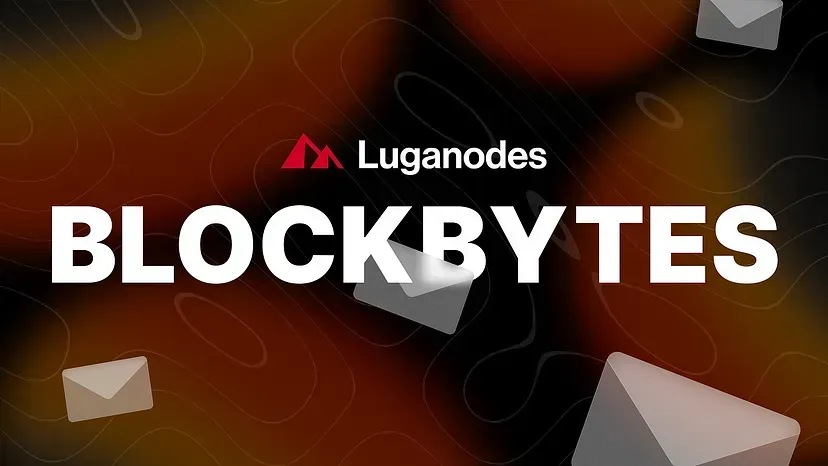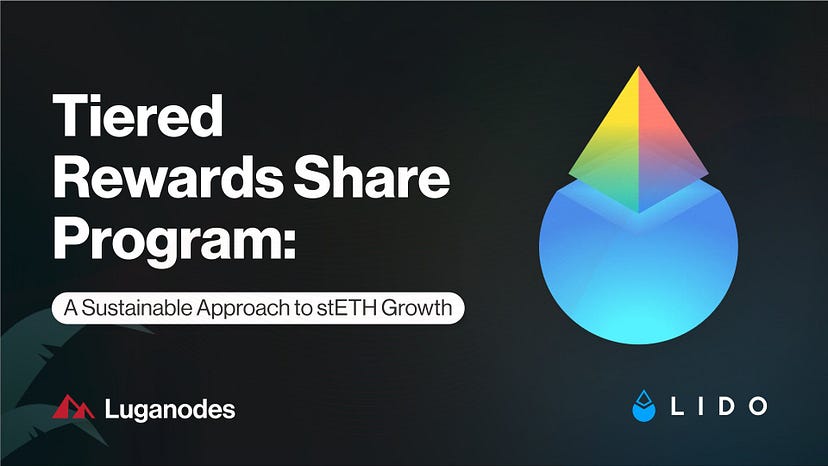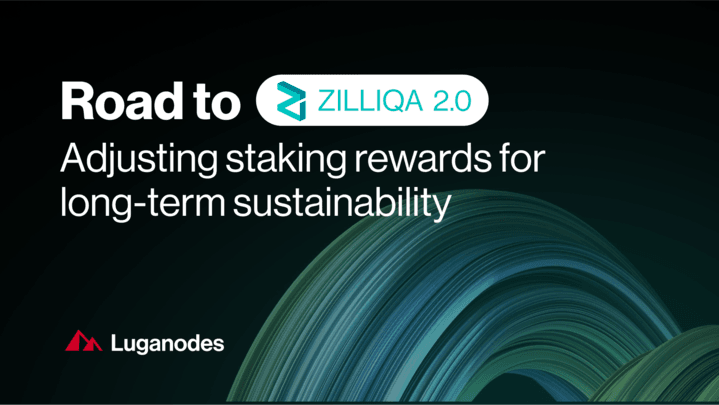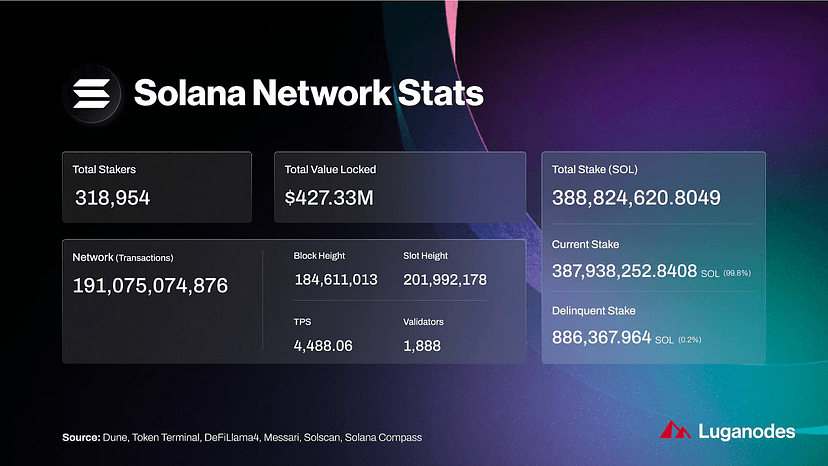Update
4 min read
Luganodes BlockBytes — June Edition 2
Network Updates!

Published on
June 28, 2023
This is BlockBytes, a brand-new series to bring you the latest network updates and major industry breakthroughs. Here we have come to the end of June. Let’s go!

Lido has recently proposed the Tiered Rewards Share Program, aiming to strengthen the security of the Ethereum network by forging economic alliances with protocols, institutions, DAOs, and more.
In essence, TRSP refers to users becoming eligible for a percentage of the ETH staking rewards from the DAO’s 5% share when they stake their ETH through Lido. It’s a win-win situation for participants and the network.
The program unfolds in three phases.
Onboarding Phase: Participants undergo an initial application and evaluation process. This ensures that the program maintains a high standard and attracts committed stakeholders who align with Lido’s vision.
Rewards Share Phase: Participants become eligible to receive a percentage of the staking rewards from the DAO’s 5% share. The more a participant engages with the protocol and stakes ETH, the higher their potential share of staking rewards.
Offboarding Phase: Participants can safely and efficiently withdraw their staked ETH and any accrued rewards. It emphasises the importance of maintaining a user-centric approach where participants have full control over their assets and can easily transition out of the program.

As part of the roadmap for Zilliqa 2.0, the team has recently proposed an adjustment to staking rewards, which aligns with their long-term goals and ensures the network’s sustainability. Zilliqa aims to strike a balance that encourages active participation and rewards stakeholders while ensuring the network’s overall health and security.
With this adjustment, Zilliqa is taking a step towards reducing the overall inflation of $ZIL tokens, supporting the network’s long-term stability and aligning with the vision of Zilliqa. The goal is to gradually move towards zero inflation, creating an economic ecosystem where the supply of $ZIL remains stable over time. This ensures a sustainable network that maintains its value and encourages long-term participation from stakeholders.

Highlight: Solana is now the second-largest PoS chain by staking market cap, just after Ethereum, with a staggering 388M total staked SOL across 1888 validators and 318K stakers. This achievement showcases the trust and confidence the community has in the Solana ecosystem.
Active Addresses: In May, it had more active addresses than any other Layer 1 or Layer 2 blockchain. This indicates a thriving ecosystem with engaged users, developers, and vibrant DApps.
Decentralisation: With a Nakamoto coefficient of 33, one of the highest marks we’ve seen, Solana’s network is truly distributed. This level of decentralisation ensures robustness, security, and resilience.
Support to Developers: The Solana Foundation provides funding and support to projects built on Solana. They match contributions of up to $10000 for quadratic contributions through CUBIK, fostering innovation and growth within the ecosystem.
NFT Showdown: Solana is hosting a live-streamed NFT showdown on Twitch, which showcases some of the best NFT projects on the platform. This not only celebrates the creativity within the Solana community but is also attracting further interest in the Solana NFT ecosystem.
About Luganodes
Luganodes is a world-class, Swiss-operated, non-custodial blockchain infrastructure provider that has rapidly gained recognition in the industry for offering institutional-grade services. It was born out of the Lugano Plan B Program, an initiative driven by Tether and the City of Lugano. Luganodes maintains an exceptional 99.9% uptime with round-the-clock monitoring by SRE experts. With support for 45+ PoS networks, it ranks among the top validators on Polygon, Polkadot, Sui, and Tron. Luganodes prioritizes security and compliance, holding the distinction of being one of the first staking providers to adhere to all SOC 2 Type II, GDPR, and ISO 27001 standards as well as offering Chainproof insurance to institutional clients.
The information herein is for general informational purposes only and does not constitute legal, business, tax, professional, financial, or investment advice. No warranties are made regarding its accuracy, correctness, completeness, or reliability. Luganodes and its affiliates disclaim all liability for any losses or damages arising from reliance on this information. Luganodes is not obligated to update or amend any content. Use of this at your own risk. For any advice, please consult a qualified professional.